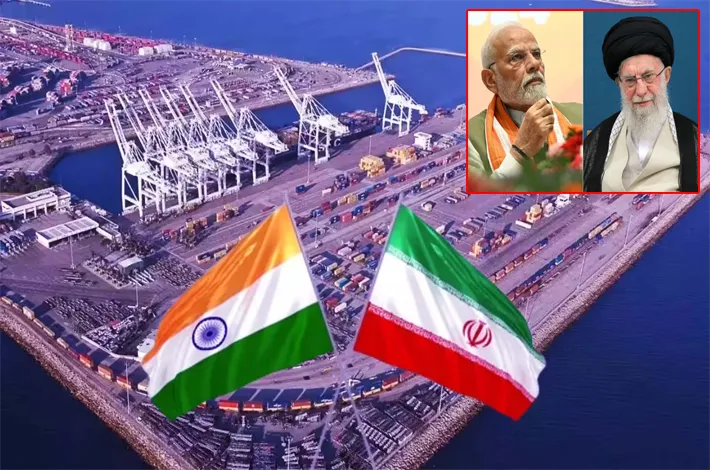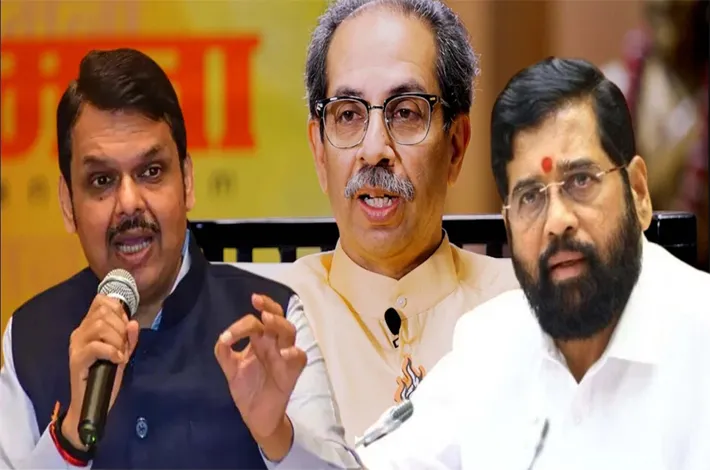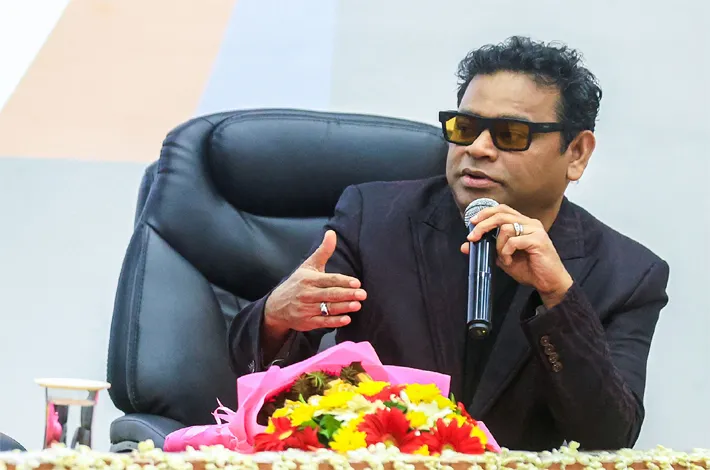Rahul Gandhi vs BJP
20-05-2025 12:00:00 AM

Rahul Gandhi, the Leader of Opposition in the Lok Sabha, seized on these remarks, labeling the alleged forewarning a “crime.” In a post on X on May 17, he wrote, “Informing Pakistan at the start of our attack was a crime.
A heated political controversy erupted in India following remarks by External Affairs Minister S Jaishankar regarding India’s communication with Pakistan during Operation Sindoor, a military offensive targeting terrorist infrastructure in Pakistan and Pakistan-occupied Kashmir (PoK). The operation, launched on May 7, 2025, was a response to a deadly terror attack in Pahalgam, Jammu and Kashmir, on April 22, which claimed 26 lives, including 25 Indians and one Nepali citizen.
Jaishankar’s comments, which suggested that India had informed Pakistan about the strikes, sparked a fierce debate, with Congress leader Rahul Gandhi accusing the government of compromising national security and the Bharatiya Janata Party (BJP) hitting back, alleging misrepresentation and anti-national propaganda.
Jaishankar’s Remarks and the Controversy
The controversy stems from a statement Jaishankar made to reporters on May 15, 2025, in New Delhi, following the cessation of hostilities between India and Pakistan. He said, “At the start of the operation, we had sent a message to Pakistan saying we are striking at terrorists’ infrastructure. We are not striking at the military.
So the military has an option of standing out and not interfering in this process. They chose not to take that good advice.” This statement was interpreted by Congress leaders, particularly Rahul Gandhi, as an admission that India had tipped off Pakistan before the strikes, potentially endangering Indian forces and compromising the operation’s success.
Rahul Gandhi, the Leader of Opposition in the Lok Sabha, seized on these remarks, labeling the alleged forewarning a “crime.” In a post on X on May 17, he wrote, “Informing Pakistan at the start of our attack was a crime. EAM has publicly admitted that GOI did it.
1. Who authorised it? 2. How many aircraft did our air force lose as a result?” Gandhi shared a video clip of Jaishankar’s statement, intensifying the debate. He reiterated his criticism on May 19, stating, “EAM Jaishankar’s silence isn’t just telling — it’s damning. So I’ll ask again: How many Indian aircraft did we lose because Pakistan knew? This wasn’t a lapse. It was a crime. And the nation deserves the truth.”
Congress leaders amplified Gandhi’s accusations. Congress spokesperson Pawan Khera, in a press conference, called the BJP “Sindoor ka saudagar” (merchants of Sindoor) and argued that Jaishankar’s statement had made India a subject of ridicule in Pakistan and globally. Khera further claimed that informing Pakistan allowed terrorists like Masood Azhar and Hafiz Saeed to escape, undermining the operation’s objectives.
The BJP and MEA’s Response
The Ministry of External Affairs (MEA) swiftly moved to clarify Jaishankar’s remarks, describing Gandhi’s interpretation as an “utter misrepresentation of facts.” On May 17, the MEA’s External Publicity Division issued a statement: “EAM Dr S. Jaishankar had stated that we had warned Pakistan at the start, which is clearly the early phase after Operation Sindoor’s commencement.
This is being falsely represented as being before the commencement.” The statement emphasized that the communication occurred after the strikes began, not prior, and was intended to avoid escalation by clarifying that the targets were terrorist sites, not Pakistani military installations.








